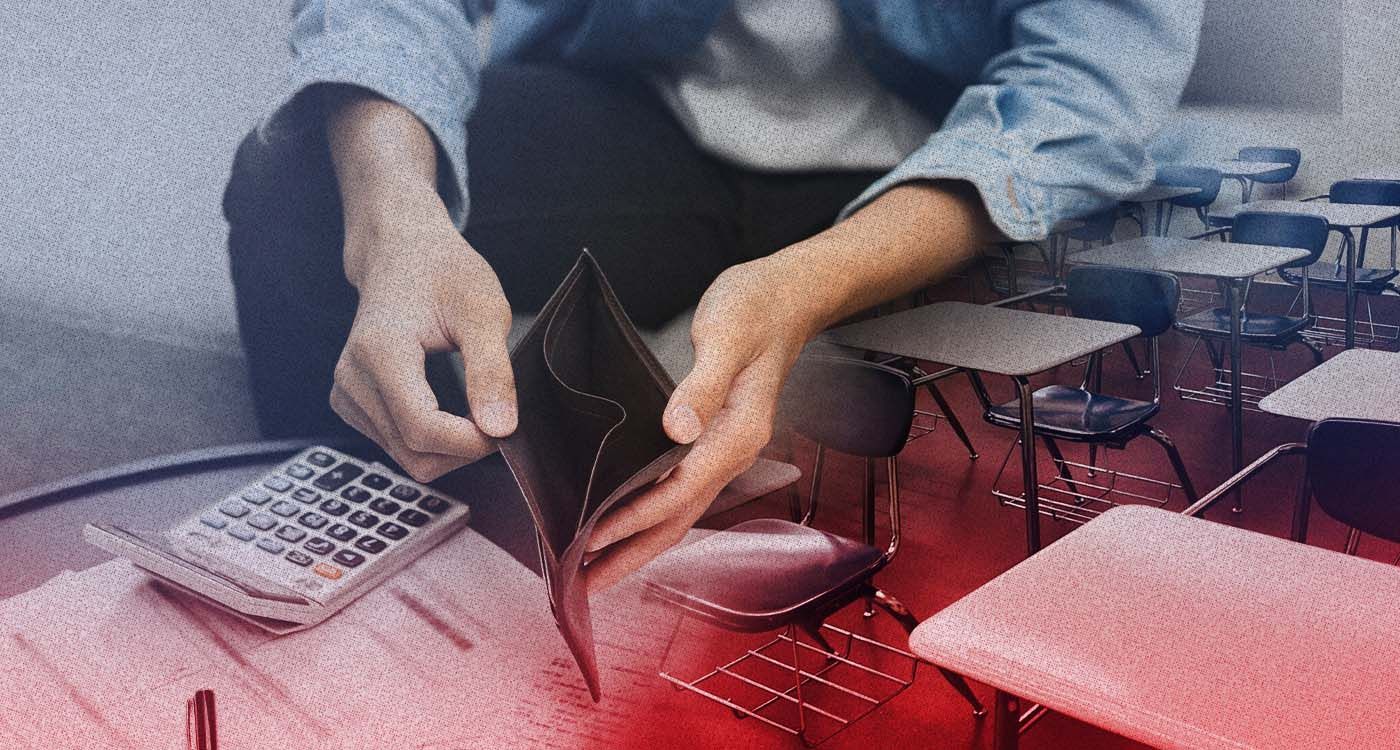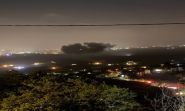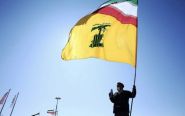
Today in Lebanon, the biggest mafia is not only in politics. It’s in education. Private school owners, especially the so-called “Catholic” and “Islamic” institutions that claim to serve God, have turned into a cartel, worshiping only the dollar. Their business model is not about forming the next generation of Lebanese geniuses, but about maximizing profit margins from exhausted fathers and broken families.
In most middle-class households, more than 50% of annual income is swallowed by tuition bills. Add medical insurance, car insurance, electricity generators and you’re left with men and women awake at night, unable to sleep, calculating survival like accountants of misery. Many fathers, the backbone of Lebanon’s middle class, are working two, even three jobs just to keep their children in decent schools. Others have no choice but to pull their kids out of “good” schools into mediocre ones, and those already in mediocre ones are rushing to public schools, only to find there’s no space, no resources and no quality.
Public education in Lebanon has collapsed. Teachers strike endlessly, infrastructure is outdated, and even when schools are open, the standard of learning is closer to daycare than education. The tragedy is that families are paying fortunes to private schools, and yet the state has failed to provide even the basic safety net of affordable, quality public education.
Let’s be clear: running a private school in Lebanon is not cheap. Teachers need salaries, electricity is expensive and buildings require maintenance. But the math does not add up to the tuitions being demanded.
• The average salary of a private school teacher today barely reaches $1,000 to $1,200 per month, even in elite institutions. That means a yearly payroll for a medium-sized school with 100 teachers is around $1.5 million.
• Add operational costs: maintenance, electricity, staff, maybe another $1 million.
• Total cost: roughly $2.5 million a year.
Now compare this to the revenues: a school with 1,500 students paying an average tuition of $4,000 each is collecting $6 million a year. That’s a profit margin of over 100%, even if we account for extra costs. In any country with a functioning government, this would be classified as exploitation. In Lebanon, it’s business as usual.
The Catholic and Islamic establishments, once symbols of moral leadership, have now joined the cartel. Their churches and mosques preach sacrifice and faith, but in practice, they treat education as a luxury good priced in fresh dollars. They invoke the name of God but worship Benjamin Franklin’s face on the $100 bill.
Contrast this with the rare voice of conscience: the Syriac Patriarch, who announced free or symbolic tuition for a year. This gesture exposed the hypocrisy of others, who hide behind excuses of “rising costs” while building empires of wealth on the backs of the poor and middle class.
Lebanese families have already survived five years of compounded disasters, five years of hell and no end in sight!
And now, after all this, parents are punished again, this time by the very schools that should be sanctuaries of hope.
Lebanon is not the first country to suffer this plague, but it may be the worst prepared to face it.
• The Tuition Trap – Echo of the Housing Crisis: Like the US mortgage bubble, schools keep raising fees assuming parents will always pay. But when enough families collapse financially, the entire system risks imploding, except children can’t “recover” lost years the way markets recover lost capital.
• The Greek Crisis Parallel: In Greece’s financial meltdown, families abandoned private schools in droves. Public schools collapsed under the pressure, and brain drain exploded. Lebanon is repeating that same tragedy.
• Brazil’s Inequality Spiral: Brazil created two nations, one educated in private schools, one abandoned in broken public ones. Lebanon is already on this path: a society split between those who can pay in dollars and those condemned to a future of underemployment and despair.
• Lebanon’s University Bubble: AUB and LAU tuition hikes after 2019 already drove thousands out of higher education. Families sold homes and land for one semester of tuition. This disease is now spreading downward to the school level.
• A Security Risk: Denying education is not just economic suicide, it’s a national security risk. Kids out of school are vulnerable to militias, radical groups and crime. What begins as a tuition crisis can end as a street crisis.
• Moral Bankruptcy: Historically, Jesuits, Maronites and Islamic endowments provided education as service. Today, institutions treat it as profit. The collapse of trust between parents and schools is not just financial, it’s spiritual.
Lebanon was once the schoolhouse of the Middle East. Our people are known across the world for brilliance, resilience, creativity and entrepreneurship. We exported doctors, engineers, scientists, artists and writers. Our middle class was the engine of this success, investing in education above all else.
Today, that tradition is under assault. Tuition hikes between 20% and 40% this year alone are not just numbers on a bill, they are nails in the coffin of Lebanon’s future. When you kill access to education, you kill the very idea of Lebanon as a place of innovation and excellence. Can’t you notice its effects since 2014? You take away the last remaining ladder of social mobility. You turn a nation of dreamers into a nation of survivors.
This is not sustainable. Lebanon cannot rebuild without education. It cannot recover with a middle class destroyed. Fathers and mothers cannot continue carrying this unbearable weight while politicians dine in palaces, bishops hoard dollars and ministers of education sit idle.
The cartel of private school owners must be broken. The Ministry of Education must intervene, cap tuition hikes and force transparency in school budgets. Public schools must be rebuilt, not abandoned. And society must recognize that the true patriots today are the fathers lying awake at night, fighting for their children’s right to a future.
Lebanon’s tragedy is not just in its wars or explosions, but in the daily erosion of hope. And nothing erodes hope more than telling a father he can no longer educate his child. That is the line we must not allow to be crossed.




Comments